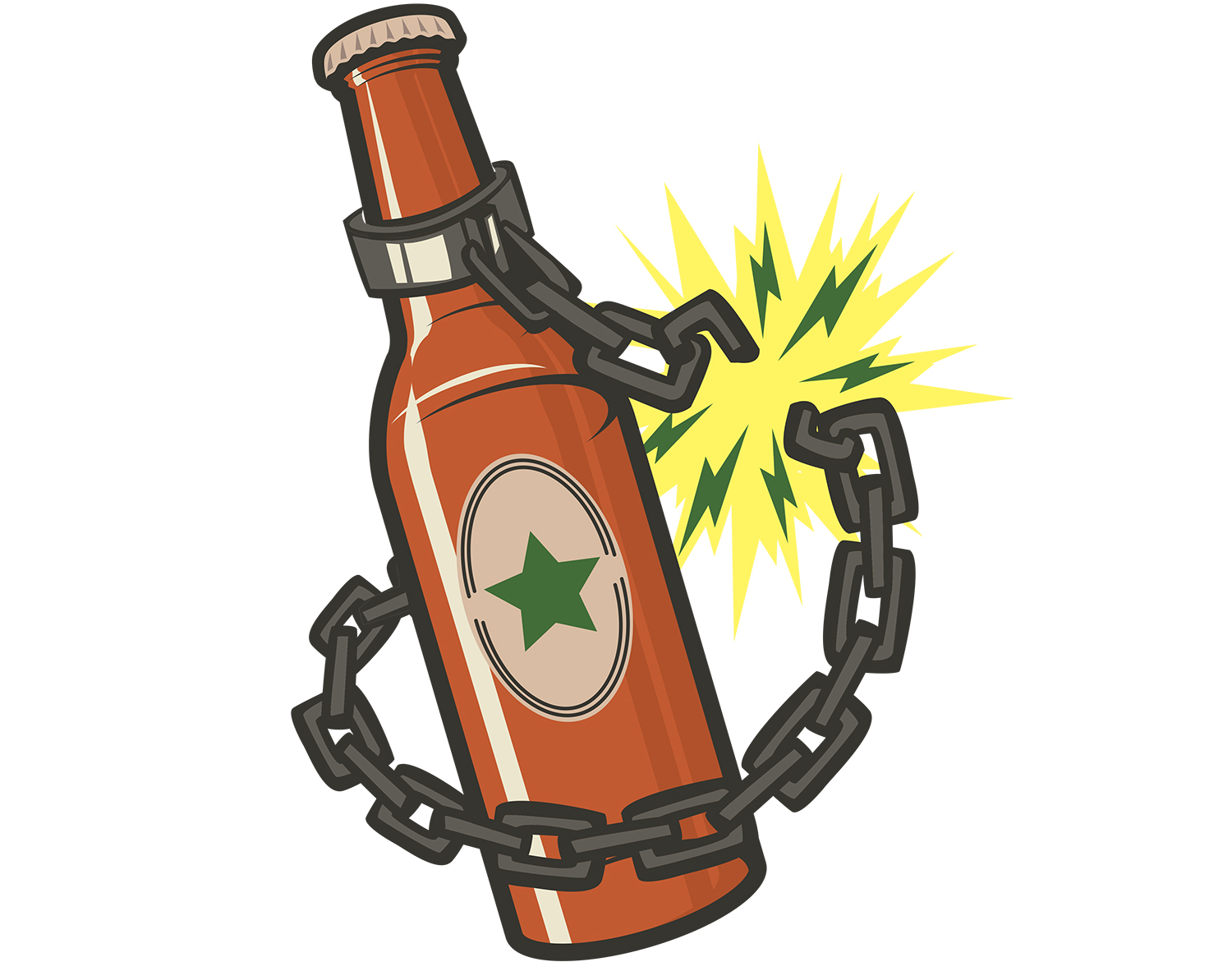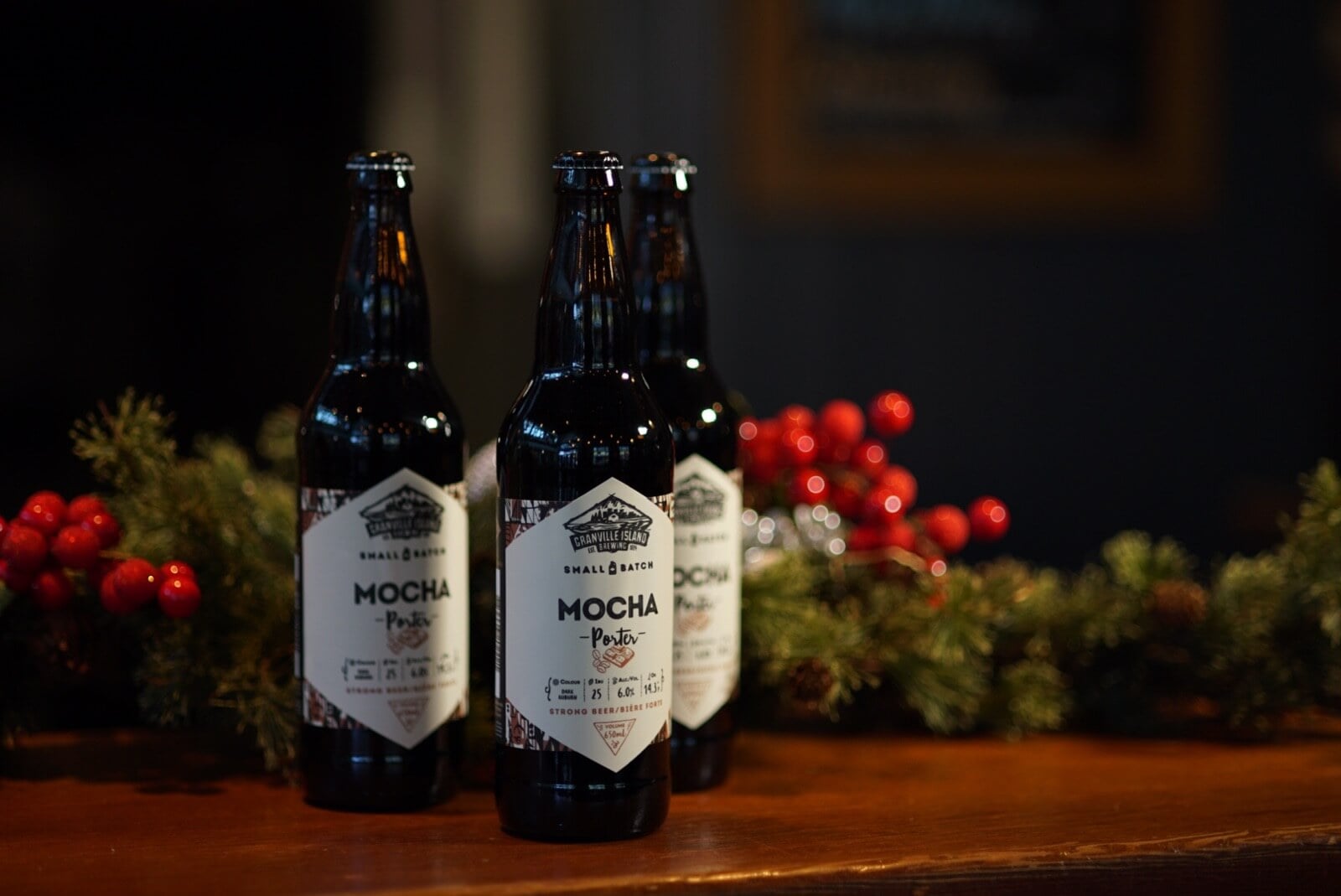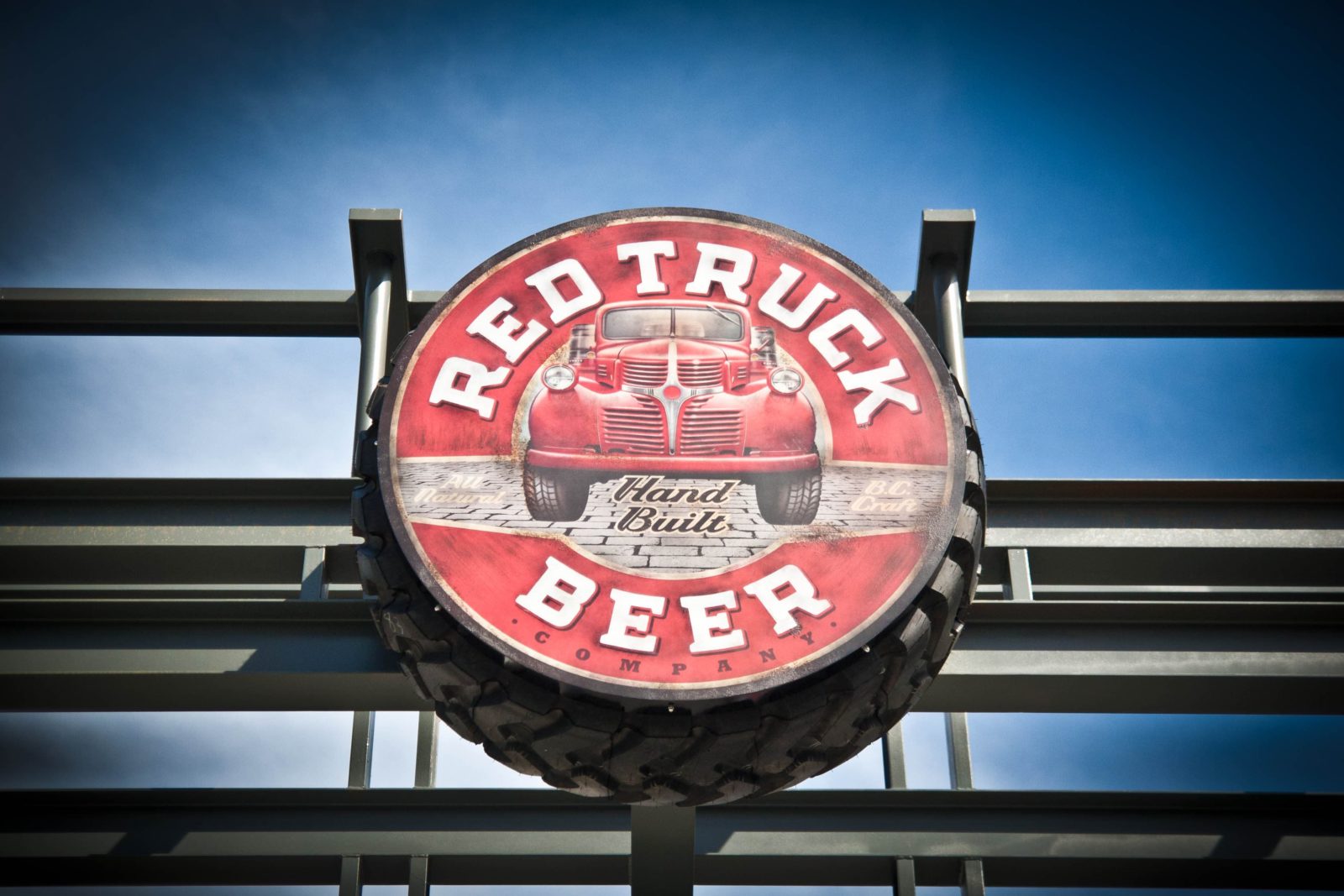
If you thought Canada was a free country, then you’ve never tried to take booze across provincial lines. For a multitude of dumb reasons, there are often more trade barriers that exist between provinces in this pretty great nation of ours than with other countries—especially when it comes to alcohol.
Canada’s premiers are in St. Andrews, NB, this week for the Council of the Federation, discussing matters of national importance and gorging themselves on lobster. Today it was announced the premiers had agreed to increase the personal liquor exemption for people travelling across provincial lines. Canadians are now allowed to bring with them the equivalent of 18 litres of wine (or two cases), six litres of spirits, or 49.2 litres of beer (six standard cases of 24) without getting fined or arrested.
Whoopdee-friggin-do.
If you’re wondering why there are any restrictions at all, you’re not alone.
Part of the problem is that how booze is sold to the public in Canada is pretty bizarre, and varies greatly, province-to-province. In places like Alberta and Quebec, manufacturers can sell their wares directly to retailers, who then sell the products to the public—the same as just about any other product, from cigarettes to cantaloupes. So beer is pretty cheap there.
However, in places like B.C. and Ontario, you have these all-powerful provincial liquor monopolies that control every aspect of the adult beverage industry. The Liquor Control Board of Ontario is actually the largest single purchaser of alcohol on earth, and their profits go straight to the government coffers, so the province isn’t too crazy about Ottawa bar owners buying their booze across the river in Hull, for example.
Earlier this year, national hero Gerard Comeau of New Brunswick lost his five-year legal battle over a $300 fine he was levied by Campbellton RCMP for crossing the border from Quebec with 14 cases of beer and three bottles of liquor in his car. The Supreme Court of Canada ruled in April that Canadians do not have a constitutional right to take alcohol across provincial borders without impediments.
Of course, the change in the personal exemption does nothing to help Canadian craft breweries sell their beer to other parts of Canada, nor does it make it any easier for Canadian craft beer drinkers to find out-of-province beer at their local liquor store.
Despite all the free trade deals Canada has signed with foreign countries, inter-provincial trade remains a patchwork of archaic protectionist policies.
Take Alberta for example. When our neighbours to the east decided in 2013 to overhaul their outdated beer manufacturing laws that required massive production quotas from breweries—ensuring it was all but impossible for new breweries to enter the market—they also placed a prohibitive tax on beer that was made out of province.
Technically, Alberta breweries are charged the $1.25/litre tax, too, but they’re allowed to get it rebated. Which is totally illegal under the Canadian Agreement on Internal Trade (AIT).
That’s not just my opinion, either. Last year, an AIT panel ruled that Alberta’s tax was discriminatory to other provinces. Alberta appealed that decision, and last month, the appeal panel upheld the original decision. Meanwhile, in a separate case, a federal judge ruled the tax violates the Canadian Constitution and ordered the province to pay Saskatchewan’s Great Western Brewing and Ontario’s Steam Whistle more than $2 million is restitution.
Alberta, for its part, is appealing that decision, too. Because of course it is.
The Alberta government is all too happy to spout off about breaking down trade barriers and matters of national economic importance when it comes to shipping their undiluted bitumen through other provinces, but it would seem they are not so inclined to practice what they preach, certainly not when it comes to alcohol. (Remember that ridiculous B.C. wine ban a few months ago?)
Alcohol is just the tip of the iceberg, too. The situation has gotten so ridiculous that on Thursday, Prime Minister Justin Trudeau announced he would be holding a meeting with the premiers in the fall to break down internal trade barriers. At a time when our neighbours to the south seem intent on starting a trade war with us, shouldn’t we be making it easier to buy Canadian?
“Foreign companies shouldn’t have easier access to Canadian markets than Canadian companies from another province,” Trudeau said in a statement yesterday.
Ya think?




